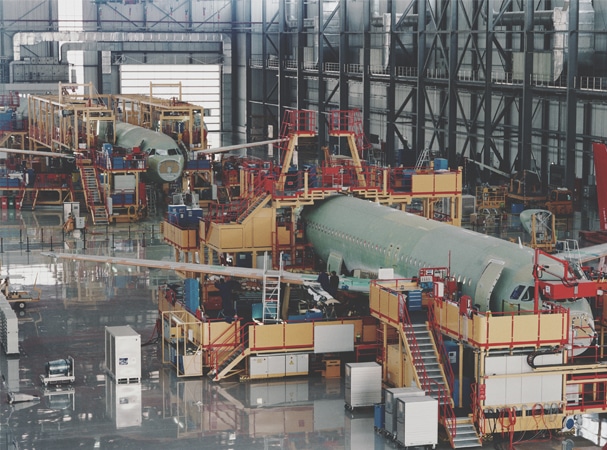 International Data Corporation (IDC) Manufacturing Insights recently published 10 decision imperatives for worldwide supply chains in the study IDC FutureScape: Worldwide Manufacturing Supply Chain 2015 Predictions by Simon Ellis. Taken together, these imperatives illustrate how challenging managing supply chains are today and will become through 2018.
International Data Corporation (IDC) Manufacturing Insights recently published 10 decision imperatives for worldwide supply chains in the study IDC FutureScape: Worldwide Manufacturing Supply Chain 2015 Predictions by Simon Ellis. Taken together, these imperatives illustrate how challenging managing supply chains are today and will become through 2018.
Paradoxically the more challenging the supply chain initiative, the greater dependency on optimizing the personal or human aspects of collaboration, accelerated and aided by technology. An example of this is the second decision imperative that predicts customer centricity will require higher standards for supply chains, motivating 75% of manufacturers to invest in customer-facing technologies. Of the ten imperatives, this one shows how critical it is for manufacturers to keep striving to optimize their customers’ experiences while continually improving supply chain operations.
The following are IDC Manufacturing Insights’ Supply Chain 2015 Decision Imperatives:
Decision Imperative 1: By 2016, 80% of Manufacturers Will Be Actively Employing Commerce Networks in Their Supply Chains to Facilitate Demand, Supply, and the Development of New Product.
Decision Imperative 2: In 2015, Customer Centricity Requires Higher Standards for Supply Chains, Motivating 75% of Manufacturers to Invest in Customer-Facing Technologies.
Decision Imperative 3: By 2017, 50% of Manufacturers Will Explore the Viability of Micrologistics Networks to Enable the Promise of Accelerated Delivery for Select Products and Customers.
Decision Imperative 4: By 2018, 75% of Manufacturers are Coordinating Enterprisewide Planning Activities Under the Umbrella of Rapid Integrated Business Planning.
Decision Imperative 5: By 2016, 70% of Global Discrete Manufacturers Will Offer Smart Connected Products, Driving the Need for New Digital Supply Chain Capabilities.
Decision Imperative 6: In 2015, Half of All Manufacturers Will Be Employing Supply Chain Design and Modeling Technologies on Both the Demand and Supply Sides of Their Supply Chains.
Decision Imperative 7: By 2017, 80% of Manufacturers Will Be Re-Evaluating the Applicability of Robotics and Logistics Automation Technology Within Their Warehousing Networks.
Decision Imperative 8: By the End of 2018, 90% of Manufacturers Will Have Diversified Their Supply Networks to Meet Both Emerging Market Growth and Risk-Mitigation Requirements.
Decision Imperative 9: By 2017, 75% of Manufacturers Will Have Adopted Global Trade Management Technologies to Facilitate Compliance and Eliminate Latency Resulting from Poor Regulatory Knowledge.
Decision Imperative 10: By 2016, 30% of Manufacturers Will Invest Substantially in Increasing the Visibility and Analysis of Information Exchange and Business Processes.
Bottom line: Taken together, the ten imperatives provide a roadmap to manufacturers for managing their value chains in turbulent, challenging conditions.
